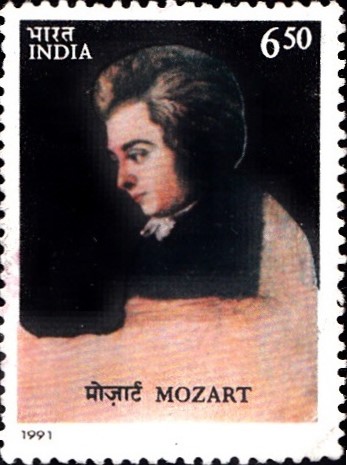
India on Mozart
A commemorative postage stamp on the Death Bicentenary of Wolfgang Amadeus Mozart, the great composer of Western Classical Music :
 Issued by India
Issued by India
Issued on Dec 5, 1991
Description of Designs : The special postage stamp designed by India Security Press, Nashik, depicts Mozart at the piano and is based on an unfinished oil painting of the composer by his brother-in-law, Joseph Lange (1789).
Type : Stamp, Postal Used
Colour : Multi Colour
Denomination : 650 Paise
Overall size : 3.91 x 2.90 cms.
Printing size : 3.55 x 2.54 cms.
Perforation : 13 x 13
Paper : Imported Un W/M Adhesive Gravure Coated Stamp Paper
Number Printed : 6,00,000
Number per issue sheet : 35
Printing Process : Photogravure
Printed : India Security Press
Name : Wolfgang Amadeus Mozart [baptized as Johannes Chrysostomus Wolfgangus Theophilus Mozart]
Born on Jan 27, 1756 at Salzburg, Austria
Died on Dec 5, 1791 at Vienna, Austria
About :
- Born in Salzburg in 1756, Mozart could play both the violin and the piano at the age of four and composed music without having learnt the art of composition. As a child prodigy, he amazed and astounded the whole of Europe, although after reaching maturity he was forced to struggle for recognition and a livelihood.
- After breaking with his Salzburg masters he moved to Vienna where, during the last ten years of his life, he wrote his greatest symphonies (total of 41) and operas (among others Marriage of Figaro, Don Giovanni, Magic Flute). In 1791, while still at work on his “Requiem”, Mozart died in Vienna. With an ease akin to magic he created works which have ever since been recognised as models of classical perfection.
- Mozart is without doubt the most popular composer of western classical music of our day and age. During the short span of 35 years that he lived, Mozart composed 41 symphonies, 27 piano concertos, 26 string quartets and 13 full scale operas. He bequeathed to posterity more music than most other composers. The distinguished music critic Joachim Kaiser has estimated that “if Mozart were today paid royalties for every performance of his music on every stage, in every radio and television programme, on every recording worldwide, he would, for instance, be in a position to purchase the whole of Austria – every square inch of the country. Together with every single building.”
- The surface charm and technical brilliance of Mozart’s music are deceptive. Beneath the classical poise, run deep emotions felt intensely. He understood human nature in all its complexity and he found music to express this understanding.
- Whole libraries of books have been written with the aim of defining the special qualities of Mozart’s art: the perfect balance between his music’s content and form, the immediate impact of his musical expression, the hitherto unknown intensity of his thematic invention, the close spiritual intermingling of melodic line, theme, and periodic symmetry (or asymmetry), above all the relationship between text and music which in Mozart’s works became, for the very first time and in unique fashion, the vehicle for an entirely new sense of reality in the theatre. Mozart’s operatic art represents a towering pinnacle of dramatic flexibility and plasticity of expression.
- Text : Courtesy Austrian Embassy, New Delhi.


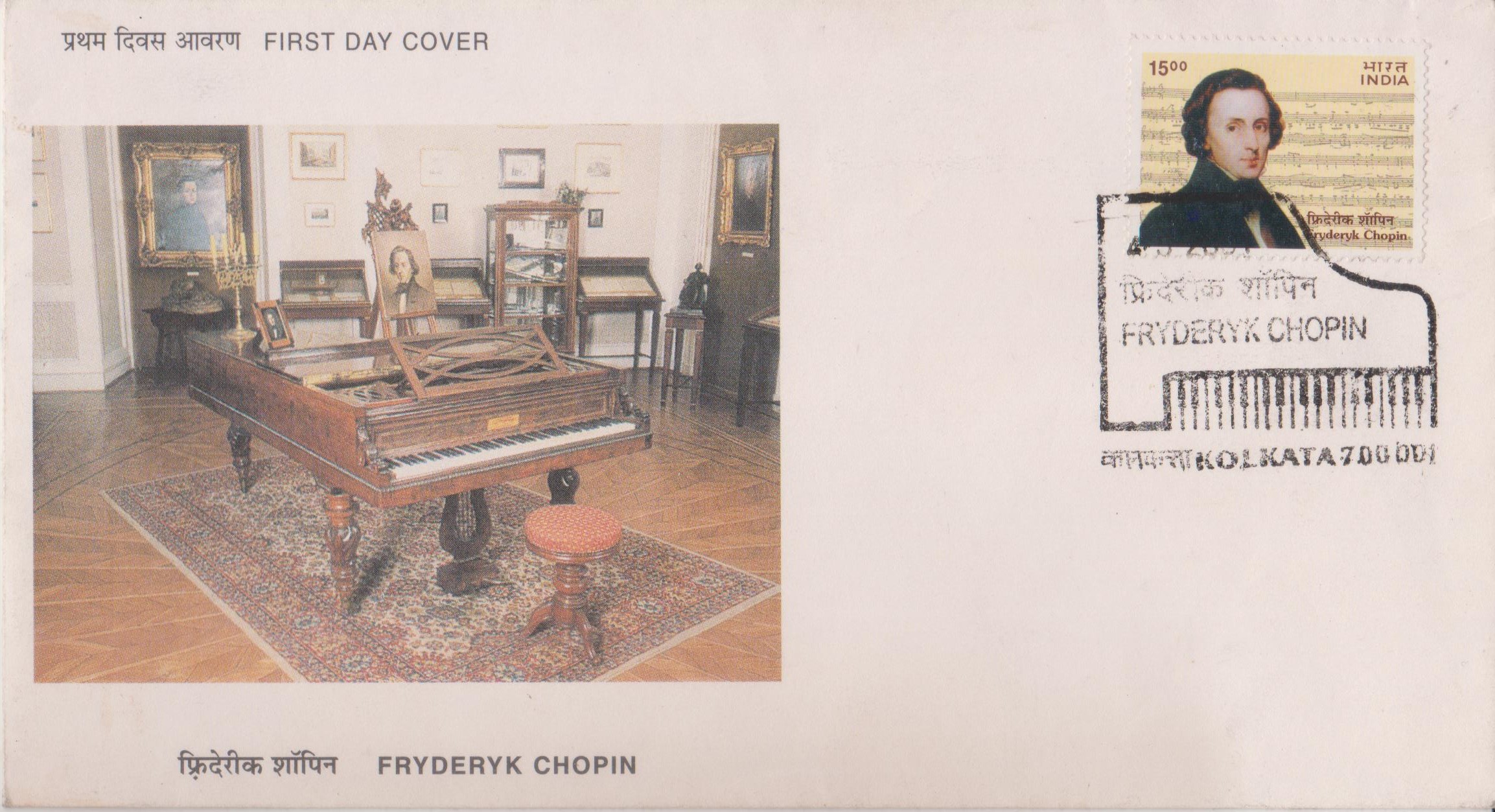
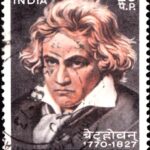
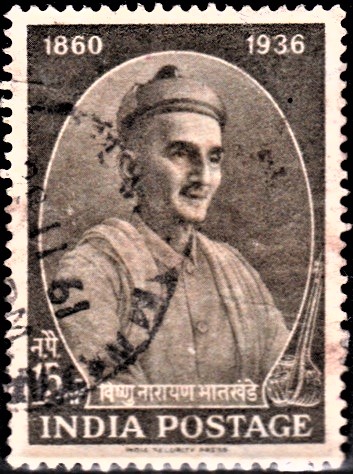
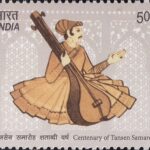
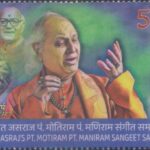
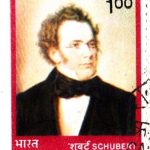
[…] of sorts in Warsaw, where he grew up. He even came to be compared to the childhood genius of Mozart. A stint at the Warsaw Conservatory helped to develop his […]
[…] fulfil his father’s expectation in becoming a piano prodigy and child composer. The great Mozart after meeting the child prodigy said, “Pay attention to this young man, he will cause a […]